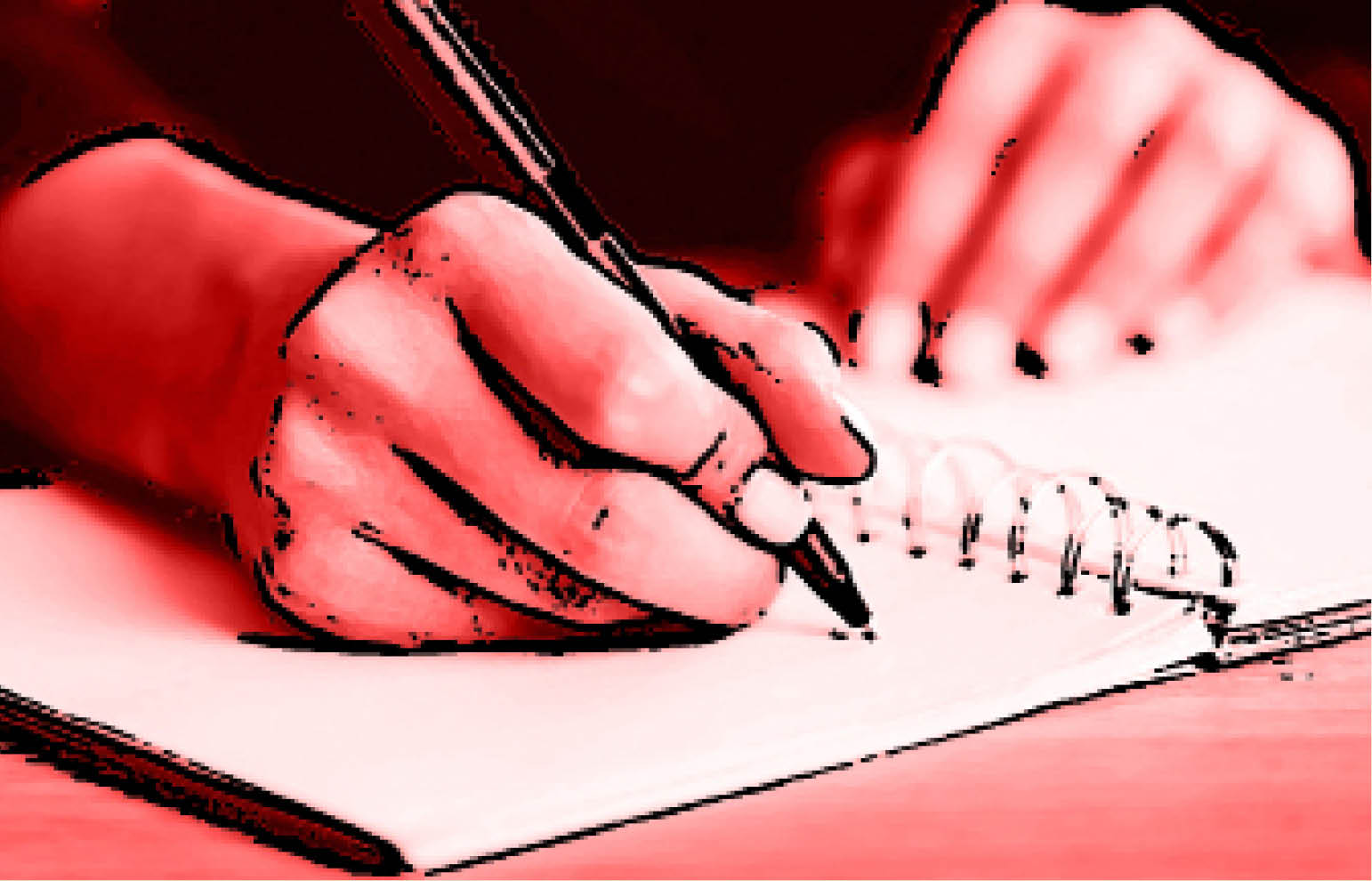By Joshua Ocheja
As I sit at my desk, fingers poised over the keyboard, I am reminded of the restless spirit that drives writers like me. Writers are restless beings, forever in turmoil, driven to express themselves. This inner conflict yields writing, a cathartic release from the burden of thoughts and emotions. Most writers will attest to this phenomenon. Writing stems from a deep-seated urge to inform, educate, or take a stance on issues that shape our daily lives. I discovered this truth when I began writing actively in 2008. Since then, I’ve known no peace, much like my fellow writers. The compulsion to make a statement is ever-present.
As a young writer, I devoured the works of notable authors and was privileged to learn from some of the best in the country. This period was challenging, with memories of being tasked with analyzing articles from the Wall Street Journal and the New York Times. I was baffled, my mind reeling with questions. One particular lesson stands out: the power of concise sentences and the art of suspenseful storytelling. These techniques have become essential tools in my writing arsenal.
Several writers have influenced my writing. They come with unique writing styles for their audience. The interesting thing for me is their ability to hold their audience in suspense. Consequently, I attempted to describe the writing style of these writers, even though I knew I couldn’t do sufficient justice to the enterprise. It remains an attempt. I have listed them below in no particular order.
Mahmud Jega:
I liken him to a professor of social history. I wonder who would not read Mahmud Jega religiously. He is a storyteller. His writings are rich in content and informative. There is hardly any piece of his that does not come with a personal experience. When he writes, he takes you down history in a simplified way. His writings make you curious. You wonder how he gets his information. And his style of expression is brilliant.
Simon Kolawole:
Simon Kolawole is
a witty writer. His writings make no distinction between friend and foe. He converts his audience easily with his style of writing. He is not afraid to be sarcastic but not lose the plot. He is not a critic. On an occasion when he criticises, he gets overwhelmed. He is one of the few writers in Nigeria who writes jokingly. Simple, yet effective. When you read his articles, a paragraph or sentence must give you reason to laugh. The “Four Other Things” segment of his column is where he jabs subtly. If you are fortunate enough to feature there, it means that he spared you. Little wonder the logo of his column is Simon Kolawole Live!
Olusegun Adeniyi:
Olusegun Adeniyi is a blitzing writer. His writings reflect an agitation and want to quickly put issues in proper perspective. That is The Verdict. He is sublime in his analysis. Most times, he concludes his writings with food for thought. You don’t want to find yourself on his wrong side. He won’t spare you, no matter how highly placed. He throws jabs easily. You can’t fault him most times because he writes with facts.
Waziri Adio:
Waziri Adio is a methodological writer. He is very conscious of his audience. He rarely banters in his writings or leaves any paragraph to the interpretation of the reader. He sounds like the title of his column Postscripts. He writes technically and mainly on policy and governance. He is not a storyteller, and if you are not intellectually minded, you might find his writing unappealing. His writings are well-researched and straight to the point. He remains one of the few writers who have been consistent in style and delivery.
Monday Philips Ekpe:
Monday Philips Ekpe is a reflective writer. He describes situations in a manner that makes the audience reflect. He is not hard in his analysis, an attribute that makes his writings unique. His standpoints are hinged on burning issues, often reflecting the reality on the ground. He advocates good governance and attempts to ignite a reflection on accountability. His titles give him away easily. You could easily tell his position from the title and the opening paragraph.
Sunday Dare:
Sunday Dare is a restless writer. He is bullish in his writings. His arguments are strong. You can sense the excitement in his writings. He takes a position and sustains it, not minding whose ox is gored. He writes very well and is also conscious of feedback. He writes mostly on appraisal of a policy or government position, and his verdict is mostly positive. His titles are usually long and less catchy.
Tunde Olusunle:
Tunde Olusunle is a lyrical writer. He romances words in his writings by giving them a meaning that resonates. His writings are lengthy, and he navigates them easily, often professorially. He can hold the audience for an extended period. He utilizes anecdotes and builds on them to a conclusion. His titles are sensational, and the enthusiasm resonates in his writings. He is a wordsmith, and his writings read like a novel.
The above-mentioned writers are some of my favourites. Their writings give me insights into the dynamic world of writing. It also reminds me that there are no fixed rules in writing. Telling a great story varies among writers. The writing journey is a restless one, fueled by an insatiable urge to express ourselves. As writers, we must embrace this restlessness, harnessing it to create work that informs, educates, and inspires.
Ocheja is an alumnus of the Nigerian Defence Academy

 Join Daily Trust WhatsApp Community For Quick Access To News and Happenings Around You.
Join Daily Trust WhatsApp Community For Quick Access To News and Happenings Around You.


